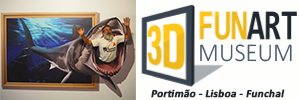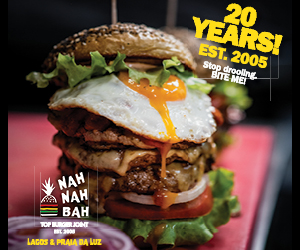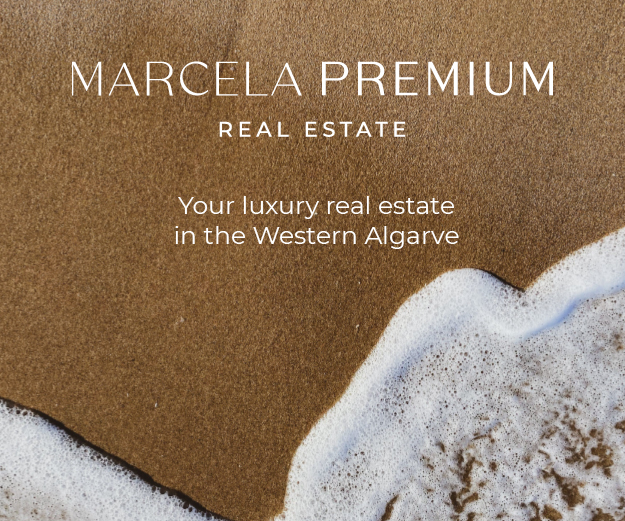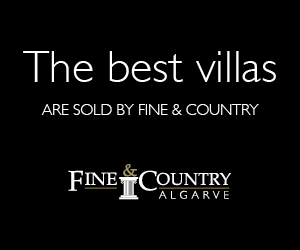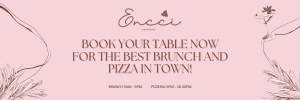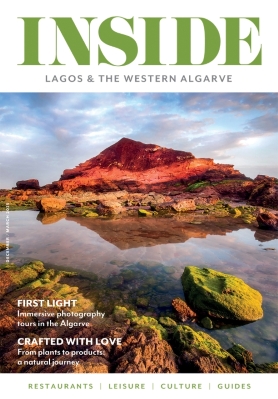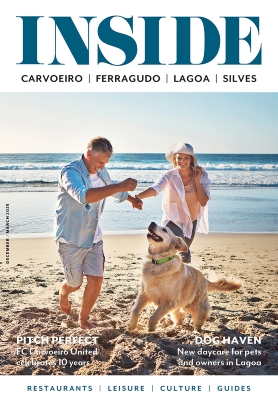Taking place in Loulé, Lagos, and Faro, the festival’s 12th edition aims to provoke and inspire
– March 31, 2025 | Text Beatriz Maio
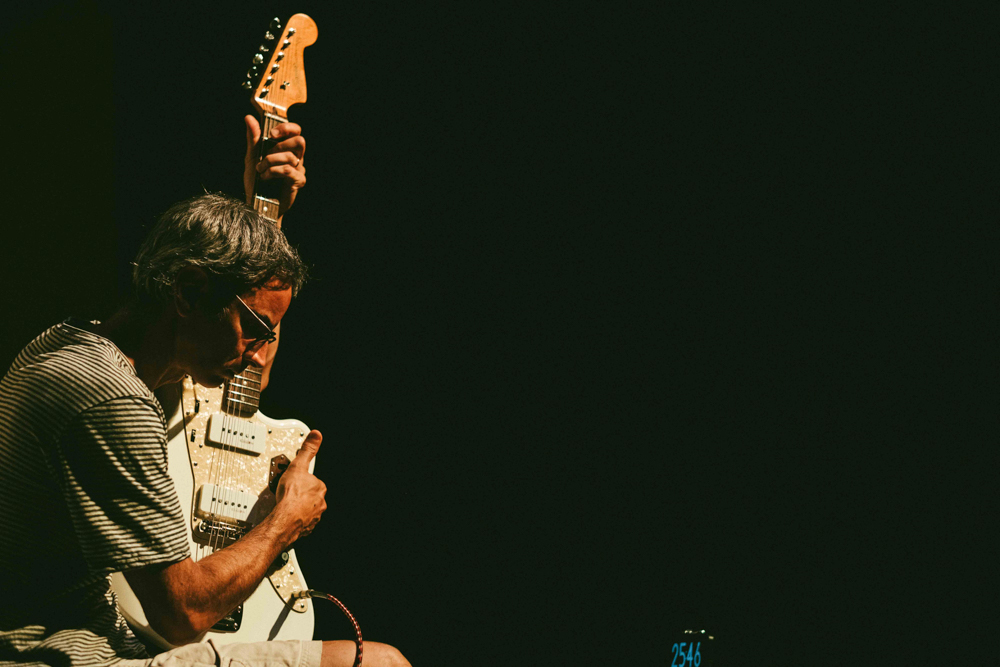
The Verão Azul Festival is back to the Algarve for another edition full of talent. This year, between April 10-19, the festival is bringing back an eclectic mix of performing arts, music, film, and immersive experiences, transforming multiple cities into creative hubs.
Now in its 12th edition, the festival produced by cultural association casaBranca presents a compelling reflection on the body – its political, social, and post-human dimensions – whilst exploring how art serves as a bridge between individuals, communities, and ecosystems.
The festival’s opens in Loulé with Queendom, a documentary by Russian filmmaker Agniia Galdanova, setting the tone for a programme that aims to provoke and inspire.
Loulé remains a key stage until April13, hosting performances and concerts alongside exhibitions such as Salaris – Fictions from Salt, set within the depths of the Loulé Rock Salt Mines before the festival moves west to Lagos on April 16.
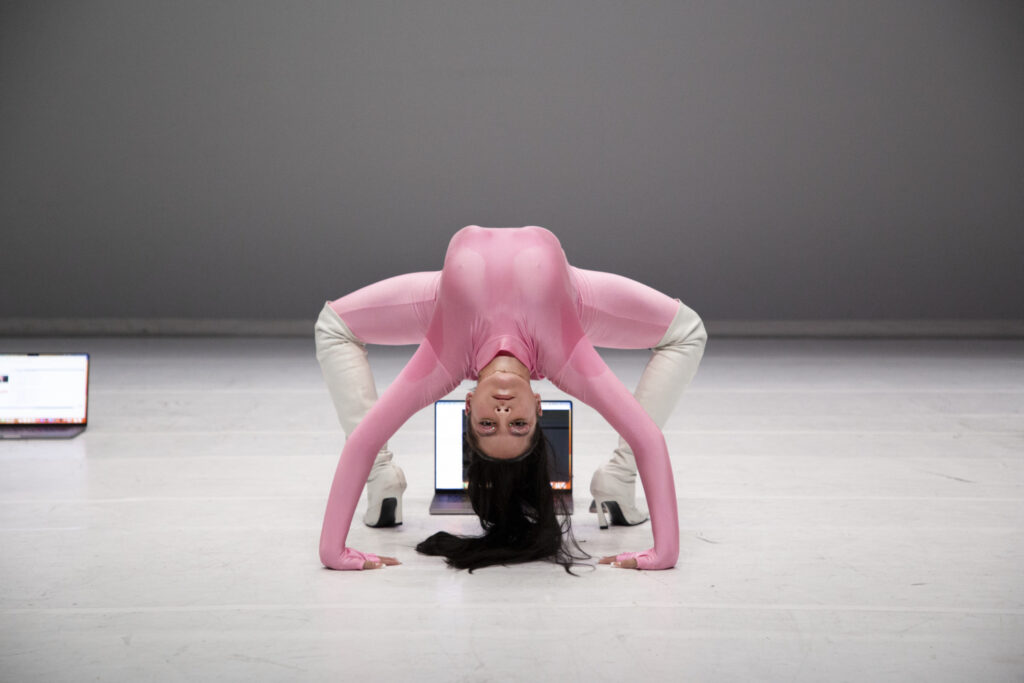
A particularly distinctive experience awaits on the final stretch, as audiences embark on a bus journey towards Faro, immersing themselves in a soundscape by Guilherme Curado before witnessing a performance by Spanish artist Candela Capitán, who will be marking her debut in Portugal.
From April 17 to 19, Lagos will become the beating heart of Verão Azul, where an array of performances, concerts, and discussions unfold.
Workshops and film screenings will spread across the host cities, ensuring that the festival extends beyond conventional venues, integrating public spaces and unconventional settings into its creative landscape.
At the core of Verão Azul are its founders, Ana Borralho and João Galante, two artists whose partnership extends beyond the festival. Ana, originally from Lagos, and João, born in Angola, first crossed paths whilst studying at Lisbon’s Ar.Co – Art and Visual Communication Centre. Whilst Ana pursued Sculpture and João Painting, their passion for performance led them to collaborate with the Teatro OLHO group. Their debut production together explored themes of eroticism, coinciding with the beginning of their romantic relationship.
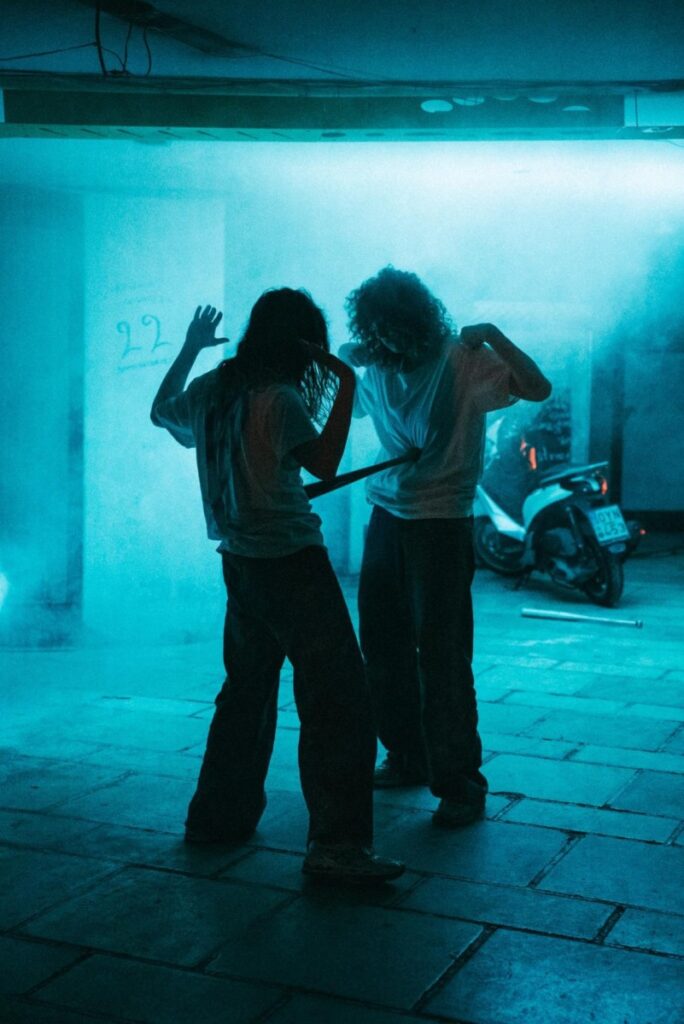
The festival itself was born from a desire to create an independent artistic experience, free from traditional constraints, where they could not only produce their own work but also cultivate a platform for others.
What started as an annual event in Lagos has since evolved into a broader initiative, engaging local communities throughout the year. It has grown beyond its initial scope, experimenting with different formats and locations, and adapting to the realities of audience engagement in the Algarve.
Over the years, the festival has shifted across seasons, testing both summer and winter schedules before settling on a spring edition.
“We explored different times of the year and realised that the high season in the Algarve wasn’t the best option since locals don’t have that much availability,” explain Ana and João, reflecting on the festival’s evolution. “We also experimented with different formats, where the shows took place in different spaces. There was one format where we did everything just out on the streets,” they recall.
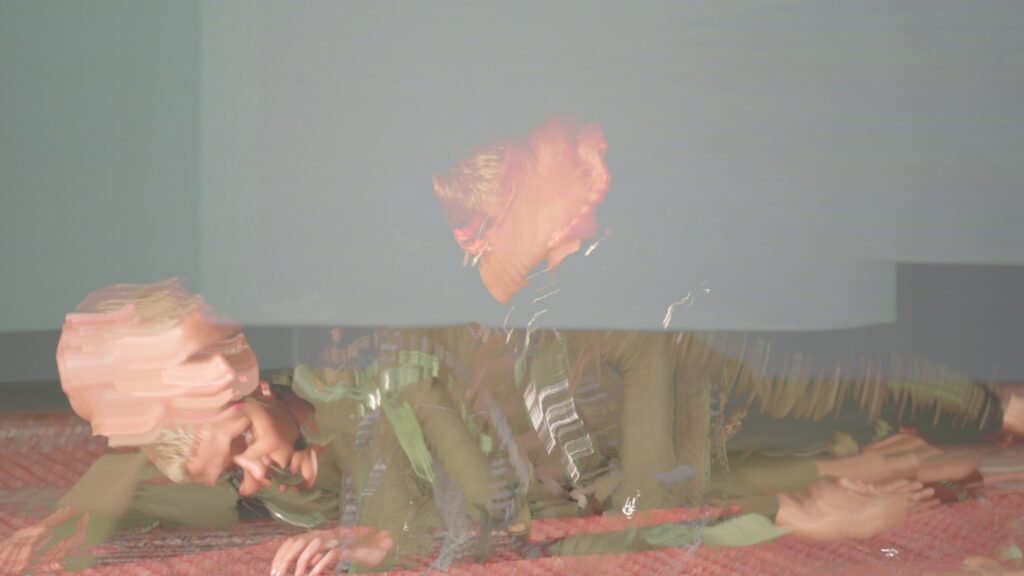
The festival was initially rooted in Lagos, then expanded to Portimão, followed by partnerships with Loulé and Faro, creating a wider spread than originally intended and posed some challenges.
“We found that being spread across such a large area didn’t yield the expected results because audiences aren’t inclined to travel between cities,” they reflected, pointing out that this format had become incompatible with their growth as artists.
In 2018, Verão Azul became a biennial festival “to keep up with all the new projects and put together a complete and comprehensive programme, which resulted in a greater focus on the city of Lagos which has always been the most loyal audience”, Ana underlined.
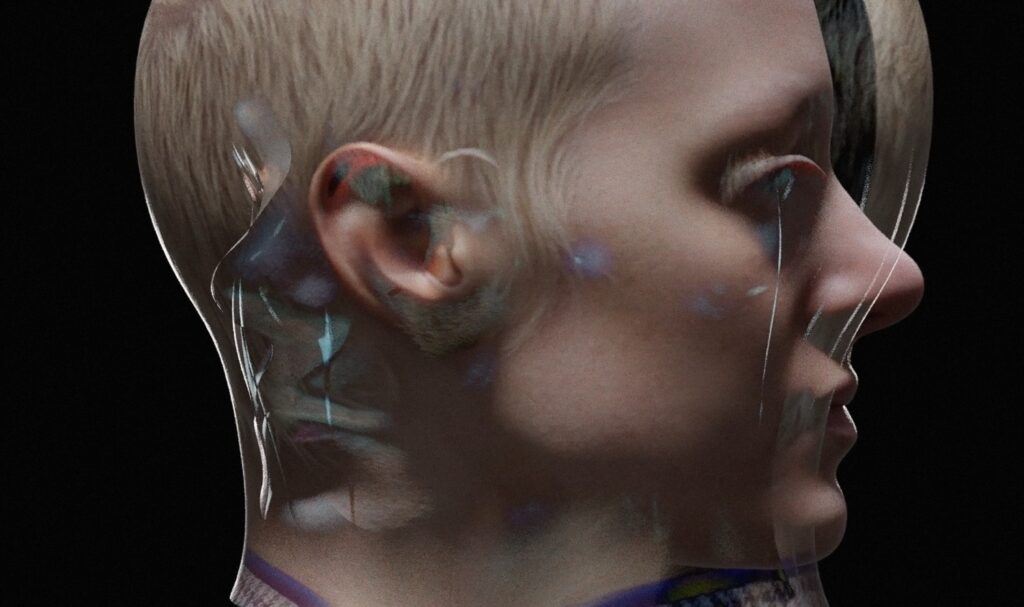
The expansion of the festival also brought logistical hurdles, particularly the lack of dedicated artist residency spaces for those developing co-productions. This led to the creation of a “Summer School”, alternating years with the festival, providing professional and amateur artists with training and collaborative opportunities, fostering exchanges between participants and local organisations.
The shift also saw the team grow, welcoming Daniel Matos as co-curator in 2023. Daniel, a Lagos native, works as a choreographer, performer, and visual artist – he has a BA in Contemporary Dance from the Escola Superior de Dança in Lisbon, and is currently doing a Master’s in Performing Arts at the Faculty of Social Sciences and Humanities at Lisbon’s NOVA University. He met Ana and João at the first edition of Verão Azul when he took part in their performance, World of Interiors.
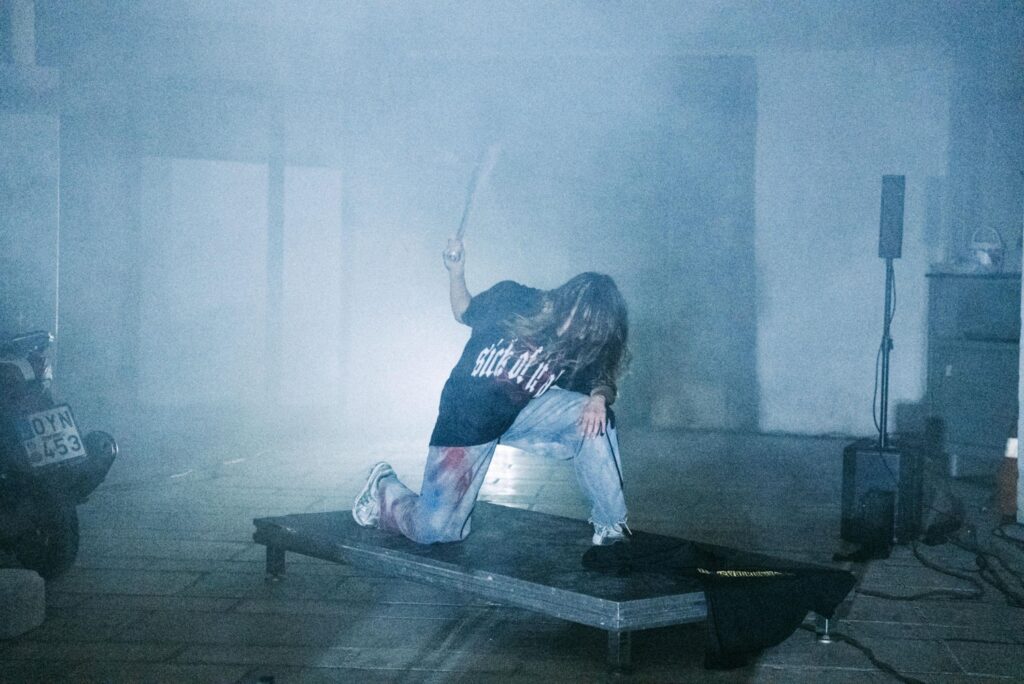
Daniel brings fresh perspectives, particularly in expanding the festival’s appeal to younger audiences. “In the 11th edition, we worked to consolidate the festival’s presence in Lagos rather than continue scattering it across three cities. We also aimed to refine our focus, moving towards themes of body and sound rather than covering an overly broad spectrum of artistic disciplines,” he says.
This new direction has allowed the festival to develop a more immersive and coherent experience, which deeply resonates with contemporary artistic practices.
The collaborative nature of the three-strong team has been a defining factor. “Not only do we openly put our preferences on the table, but we also look at local and current needs,” says Daniel.
“The fact that there are three of us thinking, making suggestions and organising everything makes the challenge even more interesting,” says Ana. “This synergy between us results in a programme that promotes sharing between emerging and established artists from different nationalities in areas that are interconnected.”
This year’s edition embodies that vision, showcasing a compelling mix of established and emerging voices alike from all over the world.
“We bring talent from around the world, but we also highlight artists from the Algarve,” Daniel Matos points out.
The performing arts line-up includes names such as Colette Sadler, Samir Kennedy, and Letícia Sckykry, whilst the music programme features Rafael Toral, Panos Alexiadis, MMMD, Guilherme Curado, and Not Binary Code.
In the visual arts, Giacomo Miceli presents an installation where AI generates an infinite conversation between philosopher Slavoj Žižek and filmmaker Werner Herzog.
Audiences will encounter works from Portugal, Spain, Greece, Poland, Romania, Scotland, and Uruguay, a diversity that underscores Verão Azul’s role as a cultural crossroads

Follow Inside Algarve Magazine on Instagram and Facebook for more news!
Read also:
Music Star Ivete Sangalo announces concert in Lagoa this May!

